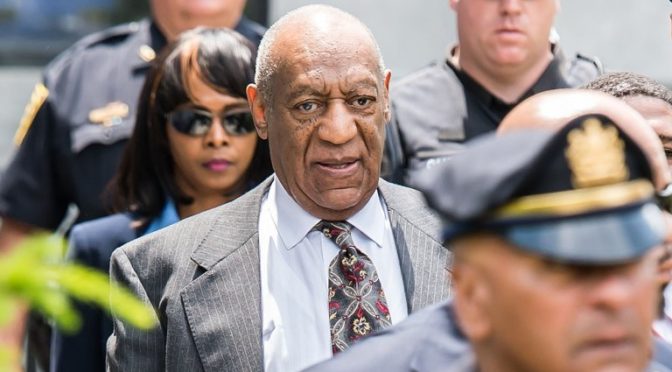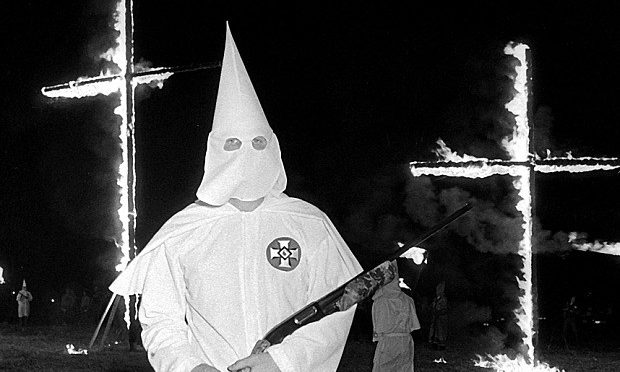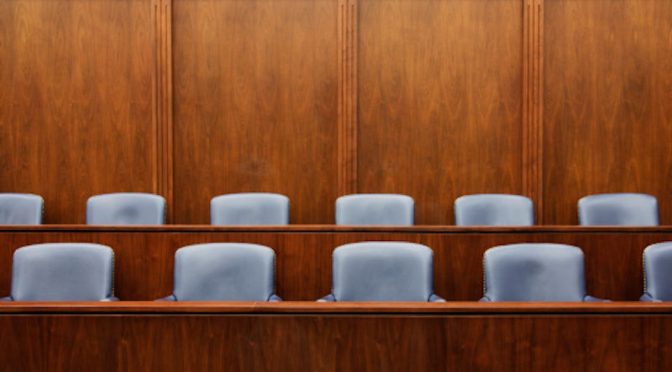It’s not every day when a plaintiff demands delay, but in the unfolding saga surrounding Cosby, there’s hardly much typical. The defamation case has numbers — six accusers — but the criminal one over Cosby’s alleged assault of former Temple University employee Andrea Constand has consequences. Should Cosby lose the Constand case scheduled to go to trial in Pennsylvania next June, he could spend most of his final days on Earth in a jail cell. What makes the interplay between the criminal and civil cases complicated is the possible trial testimony from many of Cosby’s accusers, including those suing him for defamation, but also others who are listed in court papers merely as knowledgeable witnesses.
In November, the Pennsylvania judge overseeing the criminal matter denied Cosby an opportunity to have a competency hearing to examine these women. At a court hearing next week, Cosby’s attorneys will argue they shouldn’t be allowed to testify for the prosecution about alleged prior bad acts.
In the meantime, Cosby has been pursuing depositions of the potential witnesses via the civil lawsuits.
“It appears that Defendant is misusing discovery in this action to conduct fact-finding for his own benefit in the criminal case,” states Cammarata’s memorandum in support of a stay. “This state of affairs should not continue, and there is little to gain in doing so.”
The plaintiffs’ attorney has been frustrated in his own efforts to investigate Cosby. For example, after Cosby filed counterclaims for tortious interference with his NBC and Netflix deals, Cammarata has been trying to measure the supposed harm to Cosby’s career only to be flummoxed by objections. Cammarata also deposed Singer in May, but didn’t get much because of the assertion of attorney-client privilege. Cammarata hasn’t been able to question Cosby about the nature of his relationship with female accusers, but he says that Cosby’s attorneys have been allowed to depose his clients.
“Since discovery began, it has been practically one-sided, in favor of Defendant,” writes Cammarata.
So now, upon word that Cosby wants to depose non-plaintiffs who may be testifying in the criminal action, Cammarata wants a time-out, doing what Judy Huth’s attorney Gloria Allred recently did in a civil case in California. There, Cosby’s attorneys fought against a discovery stay, telling the judge that the gambit represented a “breathtaking level of hypocrisy and gamesmanship,” and that the entertainer had a right to depose witnesses.
The Montgomery County, Pa., D.A. agrees with Cammarata and Allred, recently issuing a letter, expressing that “it is improper and inappropriate for the defendant or his attorneys to use the civil process to attempt to depose Commonwealth witnesses or otherwise gather discovery related to the pending criminal charges.”
Speaking of the interplay between the criminal and civil cases, it was the D.A.’s original decision more than a decade ago to not prosecute Cosby that allowed him to give a deposition in Constand’s civil case. The revelation of that 2005 deposition, where Cosby admitted obtaining quaaludes to give to women for sex, helped re-ignite the criminal case. On Monday, the Pennyslvania judge denied Cosby’s efforts to preclude the deposition at trial.
Sourced From – http://www.hollywoodreporter.com/thr-esq/bill-cosby-accusers-request-pause-defamation-lawsuit-952796





